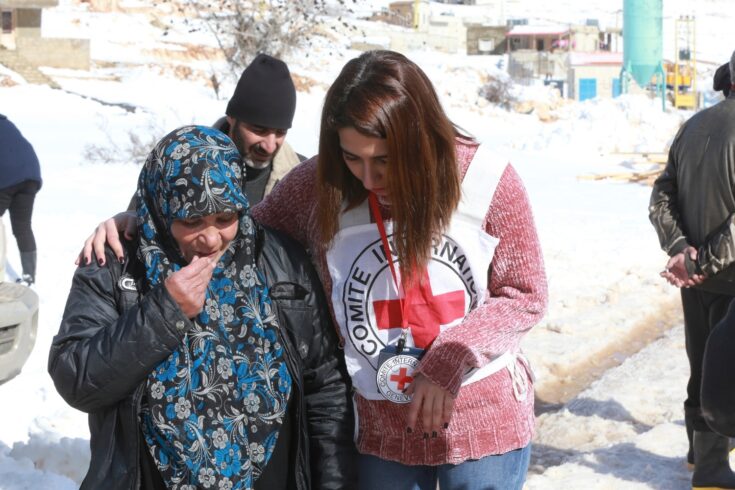New exhibition brings visitors face-to-face with the people behind the headlines, as Imperial War Museum (IWM) explores 100 years of refugee experiences.
From the First World War to the present day, countless lives have been affected by conflict, resulting in ordinary people having to make extraordinary decisions – should they stay or go?
This is the focus of Refugees: Forced to Flee (24 September 2020 to 24 May 2021), a major new exhibition opening this week at IWM London.
About Refugees: Forced to Flee
Refugees: Forced to Flee is rooted in cutting-edge research, funded by the Arts and Humanities Research Council (AHRC) and the Economic and Social Research Council (ESRC), that explores the decisions and consequences faced by those whose worlds have been turned upside down by war over the past 100 years.
Combining new research and real-life experiences with photographs, oral histories, documents and objects – many of which will be displayed for the first time – the exhibition will question why conflict forces people to leave once safe places.
Challenging perceptions by putting people’s experiences at the centre of the exhibition, Refugees: Forced to Flee will explore:
- why people flee their homes and take certain items with them
- how they make their journeys and find safety
- the challenges that can be experienced when re-settling.
Stories from the First World War, Second World War and its aftermath, 1990s Bosnia and present day Afghanistan will be compared to expose the similarities encountered by those who leave, move and re-settle.
Whether making physical journeys or facing bureaucratic barriers, the exhibition will demonstrate that regardless of time or place, the impact of conflict is the same – the catastrophic upheaval of ordinary lives.
Exhibition highlights
From the persecution of Jews in Nazi Germany and experiences of Kindertransport, to life in the Calais jungle and Mediterranean crossings, exhibition highlights include:
- the diary of Eugeen-Marie Bosteels, who described how he and his family were treated as they travelled as refugees in 1914 from Belgium to England
- an animation following the difficult journey made by Habib Rezaie, an unaccompanied child asylum seeker who travelled from Afghanistan to the UK
- and seven new UKRI-funded research projects.
Professor Christopher Smith, AHRC Executive Chair, and Professor Jennifer Rubin, ESRC Executive Chair, say:
More than ever we need the insights and perspectives of our researchers to navigate the great global and contemporary social challenges of our times. We are delighted to see how UKRI’s high quality research on a broad spectrum of issues related to forced displacement has provided new and challenging thinking around refugee crises, past and present, which now features in this important exhibition.
The impact of refugee crises and forced displacement is, above all, a human story and we hope that this exhibition helps raise awareness of the importance of a detailed understanding of the contemporary and historic contexts surrounding these complex issues, and sheds light on the lived experience of those separated from their families and displaced from their homes.

